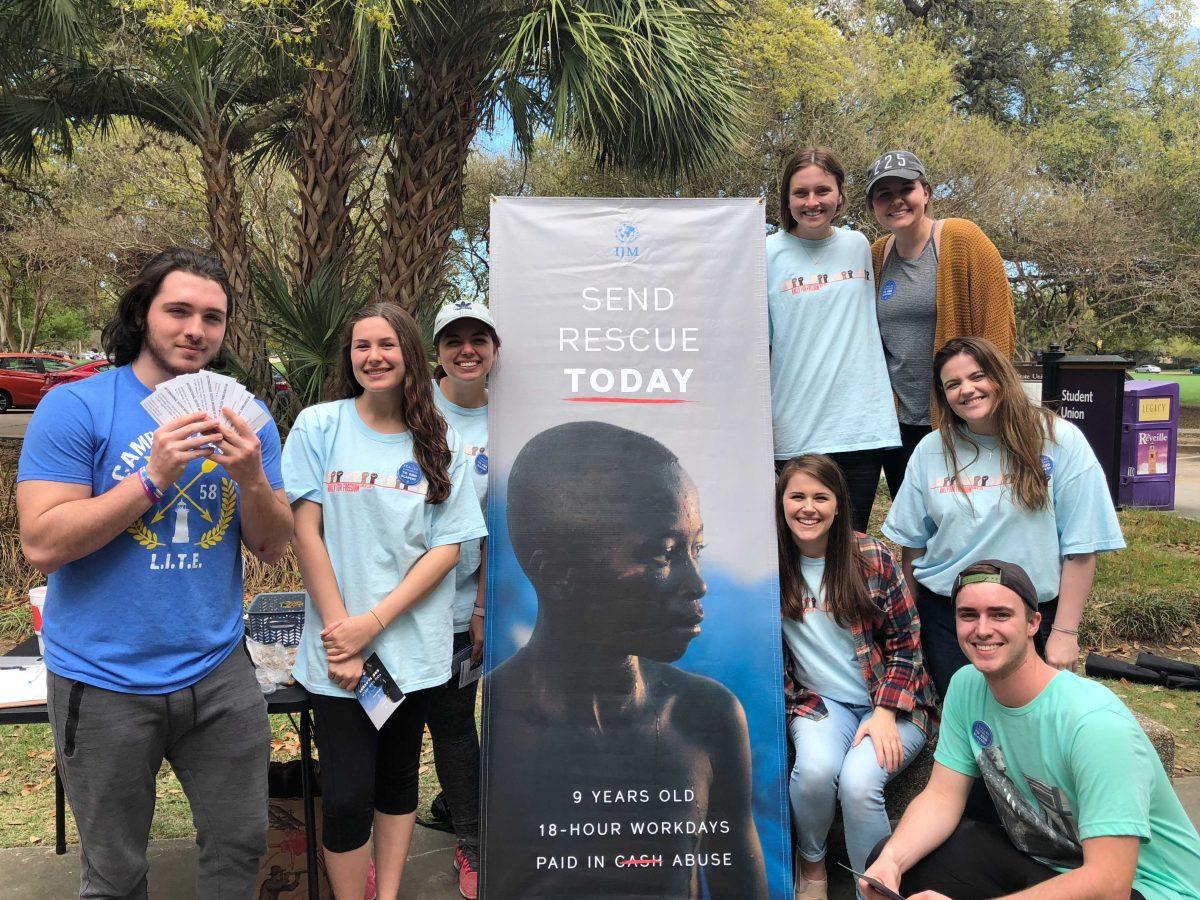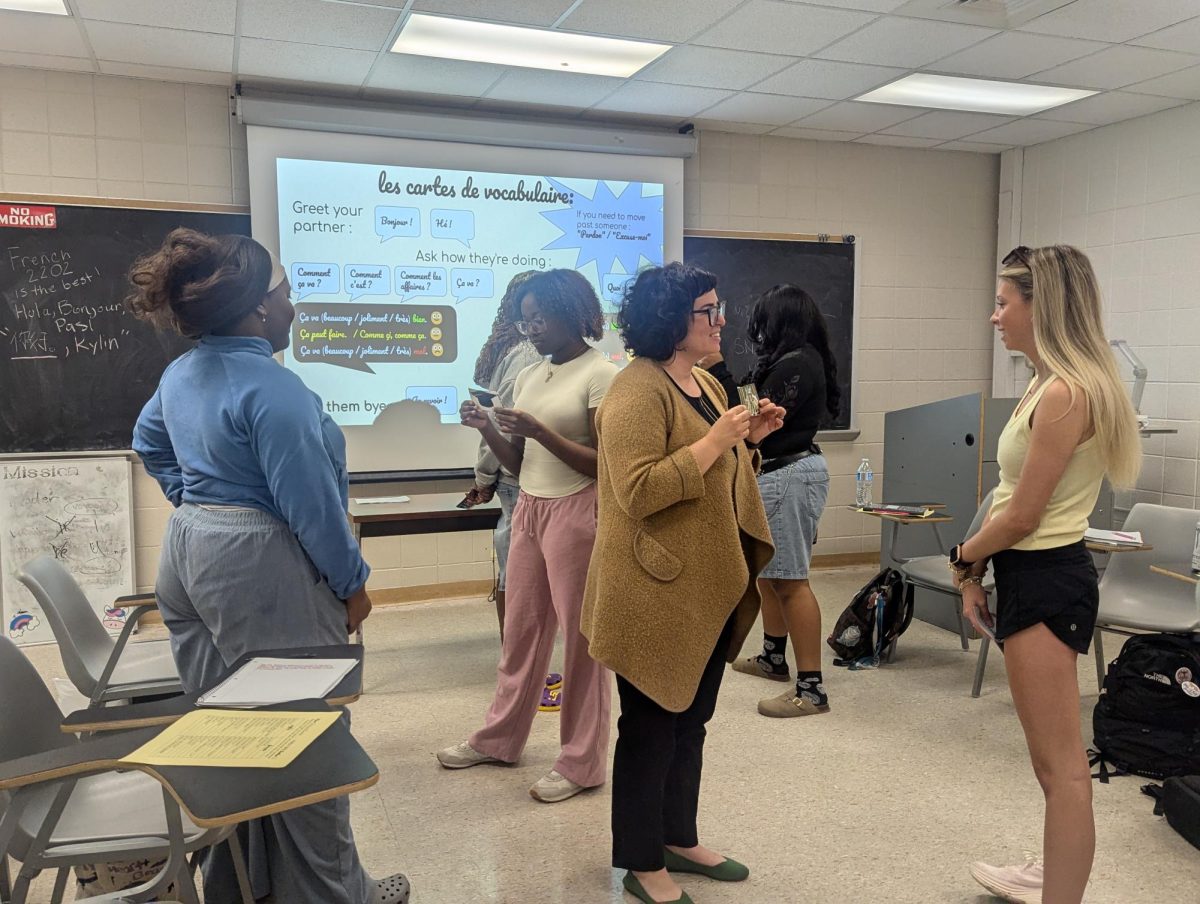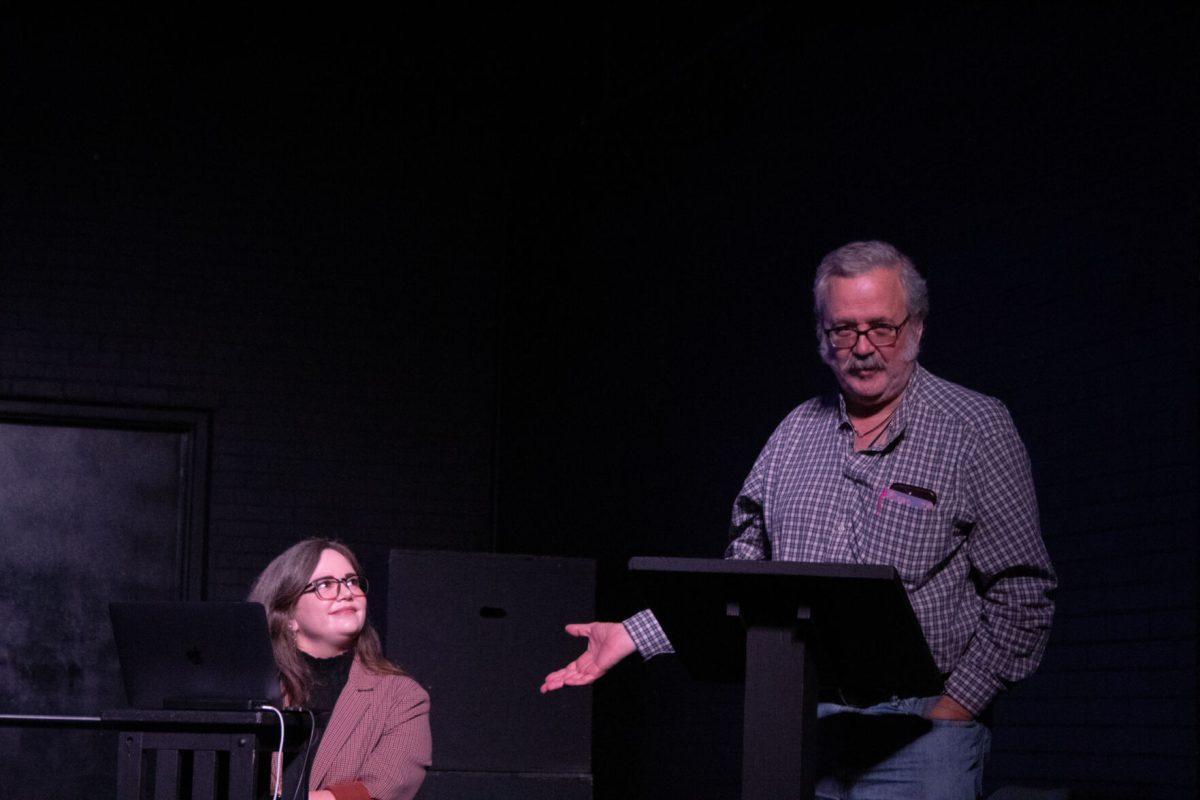Modern-day slavery and human trafficking exists and is very real. The United Nations estimates that 27 to 30 million human beings are trapped in contemporary slavery, forced against their will into a life of sex slavery and child labor. International Justice Mission at LSU looks to combat modern-day slavery by raising awareness on campus.
The International Justice Mission at LSU aims to mobilize the University campus through fundraising, prayer and advocacy with a goal of eliminating contemporary slavery. In its first semester on campus, the student organization hopes to establish its base at the University before connecting with other International Justice Mission chapters throughout the country.
The event-driven organization fundraises for their events and for global outreach. The International Justice Mission at LSU is one of the 20 college campus chapter that make up the International Justice Mission, which employs social workers, law enforcement and legal aid to conduct the IJM’s rescue operations. Every rescue operations costs around $6,000.
Psychology junior Hailey Rebstock founded the International Justice Mission at LSU in the spring 2018 semester after researching IJM and realizing the need for an International Justice Mission chapter on the University’s campus.
“This is what I want to do as my career,” Rebstock said. “I want to be a social worker with human trafficking survivors.”
The organization tries to put on an event every month. In February, the club held Rally for Freedom week. The International Justice Mission set up table-sits in Free Speech Plaza every day, encouraging people to contact their congressional representative. Congress votes at the end of March to decide to extend funding to fight contemporary slavery around the globe.
“Every small action makes a difference,” said Studio Arts sophomore Emily Dunaway.
Human trafficking is reported to exist in 167 countries throughout the world today. According to the U.N., India alone, has 18 million individuals in slavery. The United States has about 57,000 contemporary slaves.
International trade and finance junior Nathan Bromley believes the sensitivity of contemporary slavery causes the dialogue on it to fade behind the discussions of other global issues.
“People view slavery as something that happened a long time ago, but it is very prevalent in the world today,” Bromley said. “People just don’t know. They hear about it and write it off as something that’s over and done with, but it’s not.”
The International Justice Mission holds the mentality that just one person in slavery today is too many, but the first step to helping those in slavery is raising awareness.
“Action can’t take place if awareness isn’t happening,” Rebstock said.








